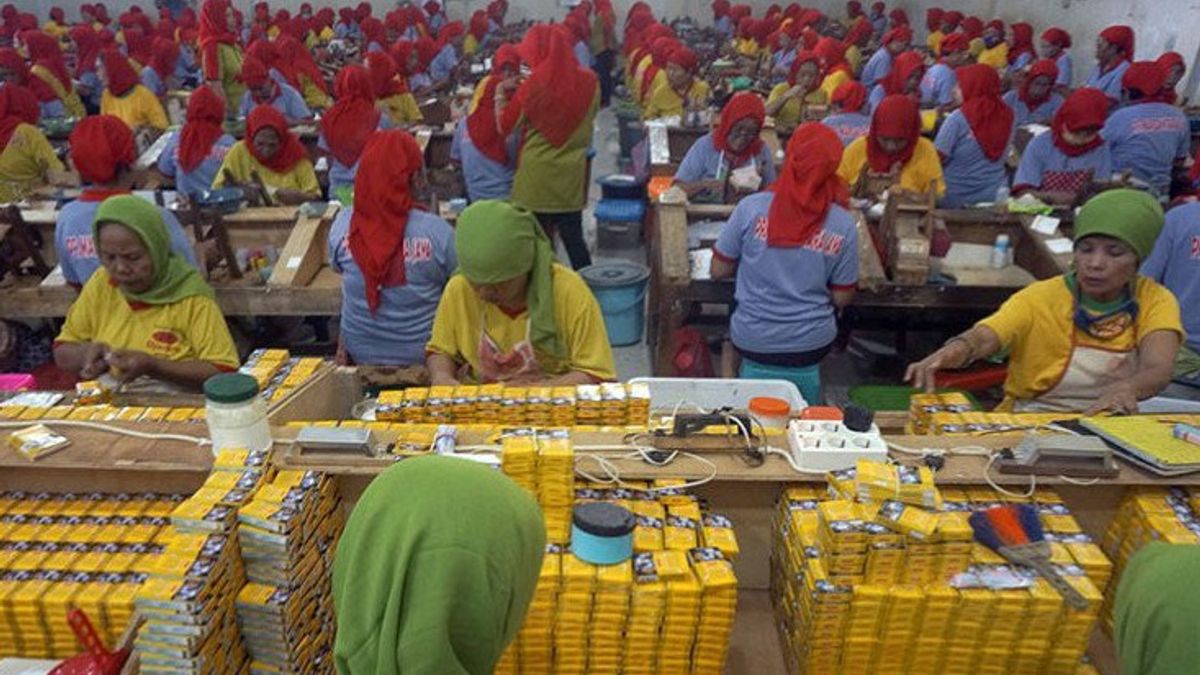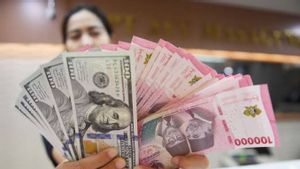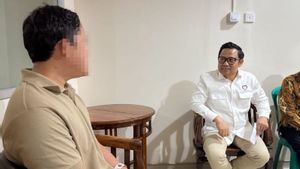JAKARTA - Economist of the Institute for Economic and Community Research, Faculty of Economics and Business, University of Indonesia (LPEM FEB UI) Teuku Riefky proposes that the government should provide a variety of adequate stimuli so that companies do not lay off workers.
"One of the steps the government can take is to provide salary subsidies and tax breaks for companies that do not lay off workers," said Teuku Riefky, quoted from Antara, Wednesday, August 4.
However, he said, the key is actually a strong Social Safety Net (JPS) policy, so that people affected by layoffs can still meet their basic needs.
He argues that layoffs are a natural thing to happen during the implementation of Community Activity Restrictions (PPKM) levels 3 and 4.
"I think the increased layoffs are reasonable considering the extended PPKM. In other countries, the lockdown will result in increased layoffs," said Teuku.
In other words, said Teuku, layoffs will definitely occur if the lockdown restrictions or social restrictions are implemented. This condition, he continued, was considered natural in conditions of economic activity not running normally like during the pandemic.
Teuku said, with limited fiscal conditions, he said it would be too expensive to prevent layoffs. He considered that what should be the focus is the allocation of stimulus for JPS programs, such as Social Assistance (bansos), pre-employment cards, Family Hope Program (PKH), and others.
If you insist that layoffs don't happen, explained Teuku, it will actually put a lot of pressure on businesses so that it can lead to bankruptcy for several companies.
As for the option of transferring workers affected by layoffs to other sectors, it is stated that it is not possible because the labor market system in Indonesia is not state-assigment or is determined in a totalitarian way by the state.
"This means that the government cannot encourage workers to move from one sector to another. Also, their skills may not necessarily match between sectors," he replied.
The English, Chinese, Japanese, Arabic, and French versions are automatically generated by the AI. So there may still be inaccuracies in translating, please always see Indonesian as our main language. (system supported by DigitalSiber.id)













